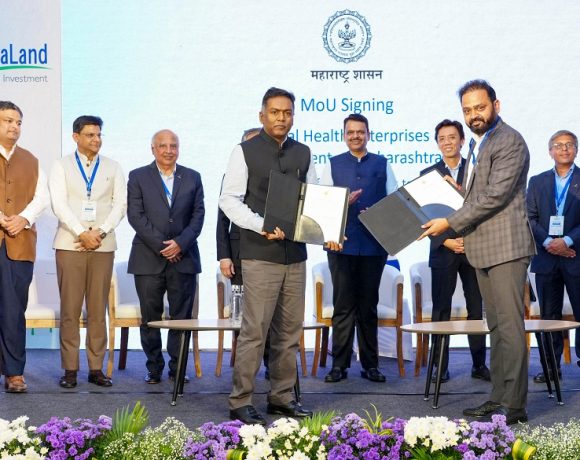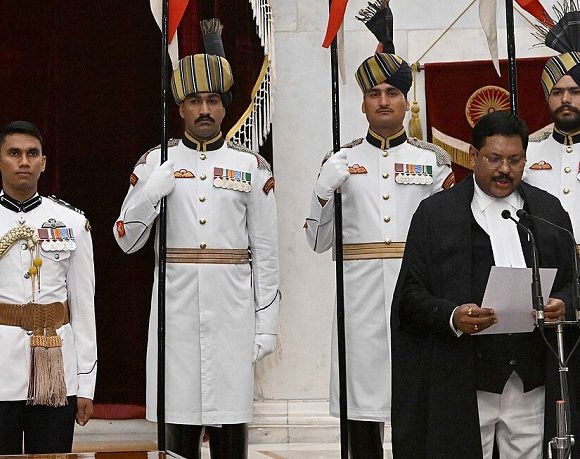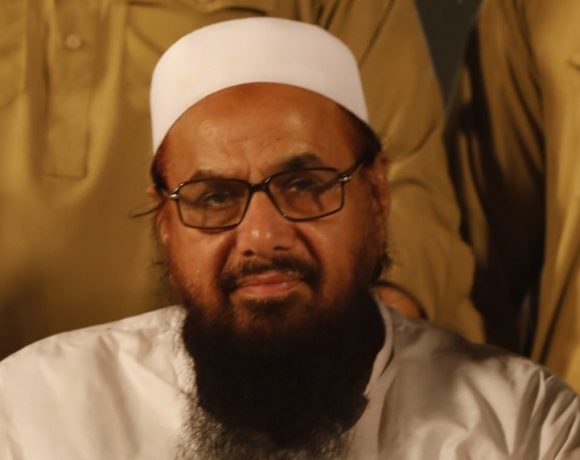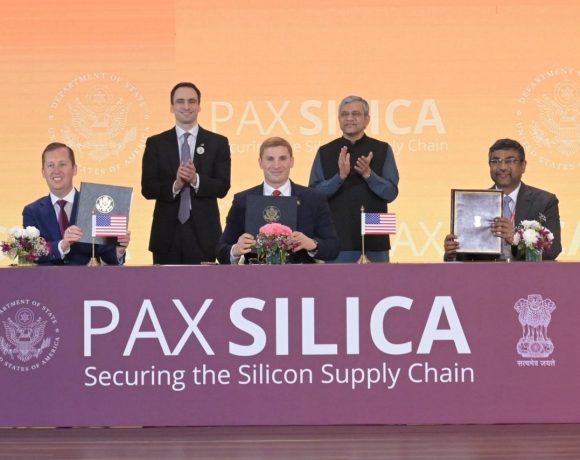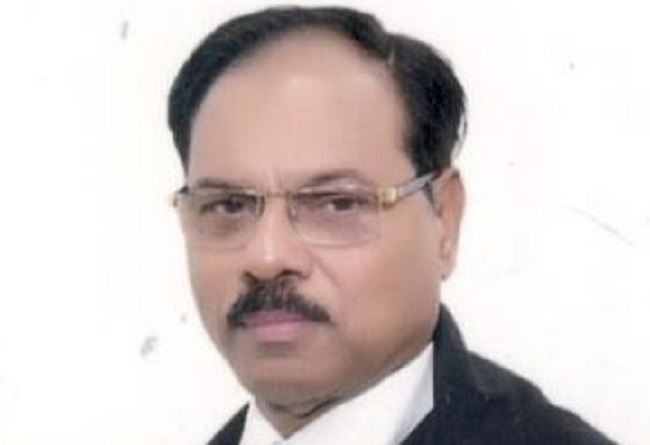
SC Halts Probe into HC Judge After Rajya Sabha Intervention
The Supreme Court has formally discontinued its in-house investigation into Justice Shekhar Kumar Yadav of the Allahabad High Court after receiving an official communication from the Rajya Sabha Secretariat asserting parliamentary jurisdiction over the matter. This move comes amidst controversy over the judge’s controversial public remarks, which had triggered calls for disciplinary action and even impeachment.
Justice Yadav had come under scrutiny after participating in a VHP-organised event in December 2024, where his remarks drew sharp criticism from legal and civil society circles. The judge’s comments were seen as majoritarian in nature, raising concerns over judicial impartiality and constitutional propriety.
Jurisdictional Conflict Between Judiciary and Parliament
The in-house inquiry was initiated by the Supreme Court collegium based on a negative report submitted by the Chief Justice of the Allahabad High Court. However, in March, the Rajya Sabha Chairman officially communicated that an impeachment motion had already been admitted under the Judges Inquiry Act, 1968. As a result, it was made clear that once such a motion is taken up by Parliament, the judiciary must step aside and refrain from parallel proceedings.
Respecting this constitutional boundary, the Supreme Court decided to drop its internal probe, acknowledging that the matter now lies entirely within the legislative domain.
Legal and Political Implications
The incident has reignited the debate on judicial accountability and the separation of powers between the legislature and the judiciary. While the Supreme Court does have mechanisms for in-house disciplinary reviews, the power to initiate removal or impeachment of a judge rests solely with Parliament. The present development reinforces the precedent that any such inquiry must be deferred when a motion is pending before the Rajya Sabha or Lok Sabha.
Past cases such as those involving Justice Soumitra Sen and Justice P.D. Dinakaran serve as key references for how Parliament has exercised this authority in the past.
With the in-house procedure now closed, attention turns to the political corridors of Parliament where the impeachment motion is likely to be taken up in upcoming sessions. The case continues to stir discussions about judicial conduct, constitutional propriety, and the processes needed to ensure both judicial independence and accountability.


